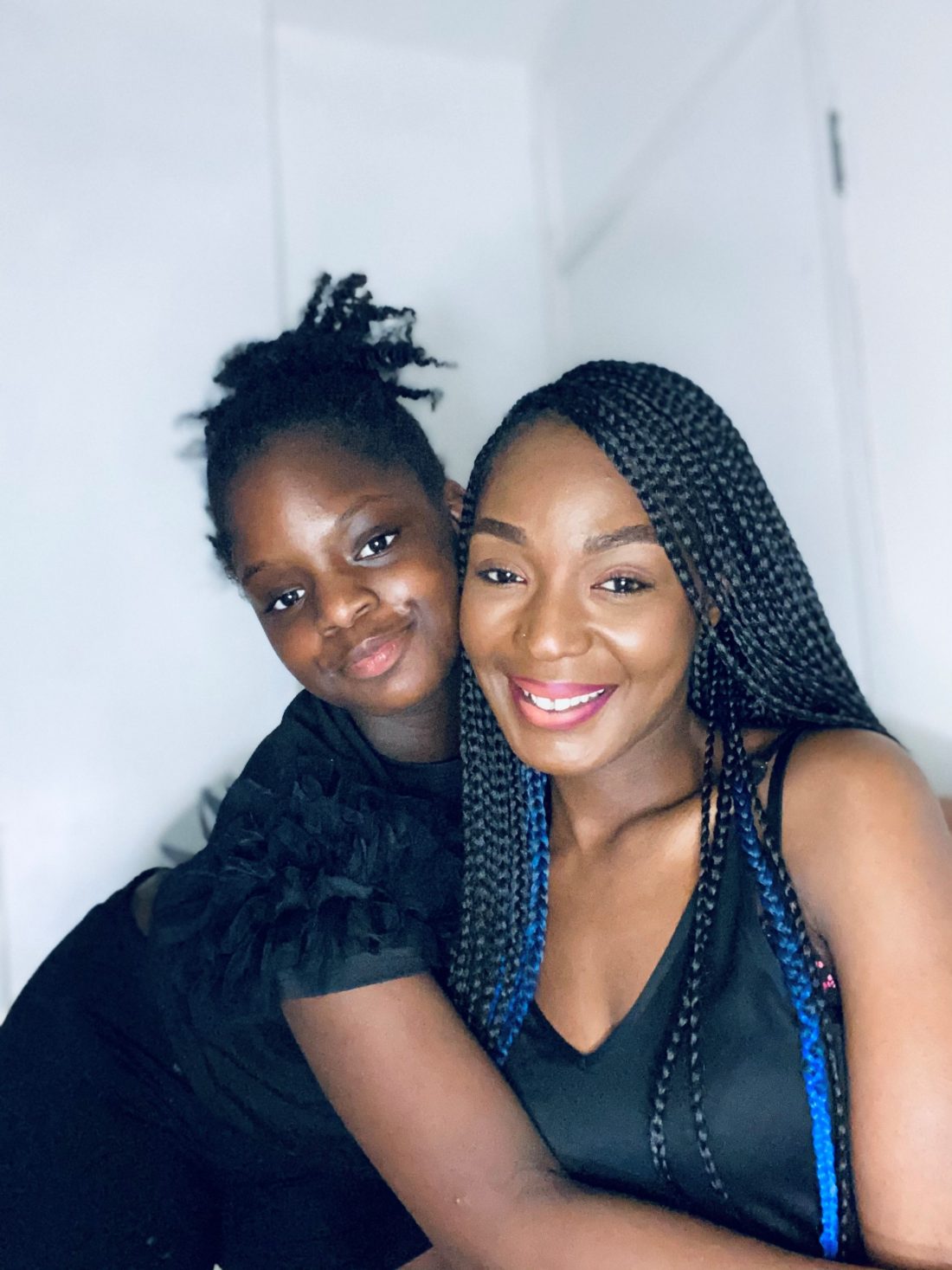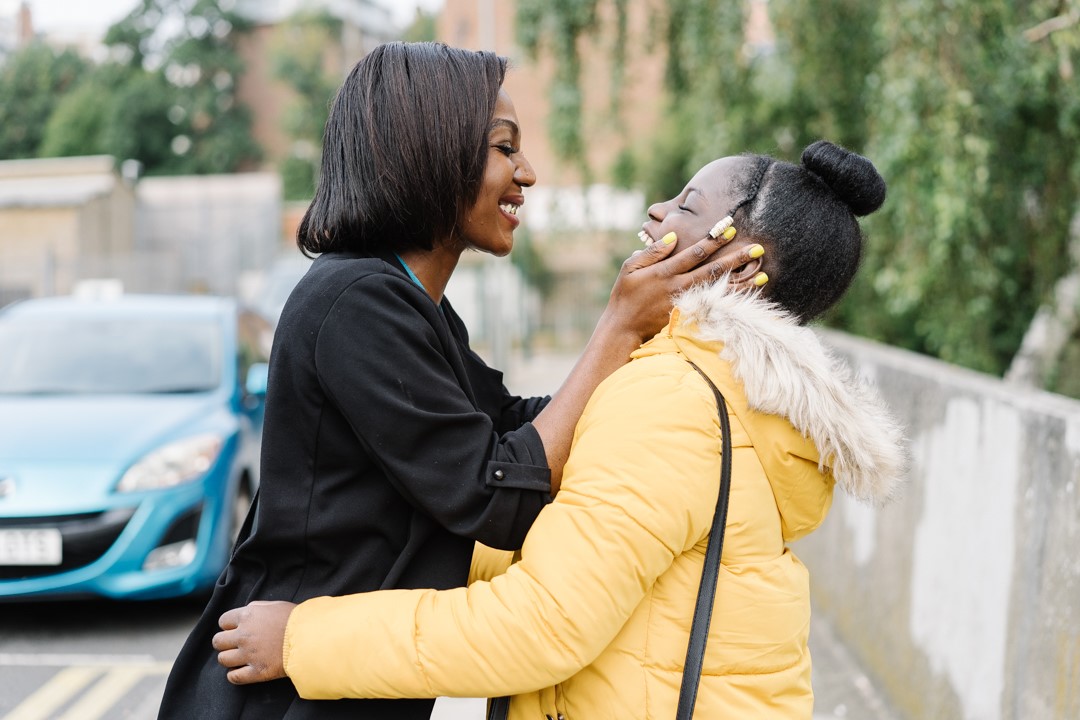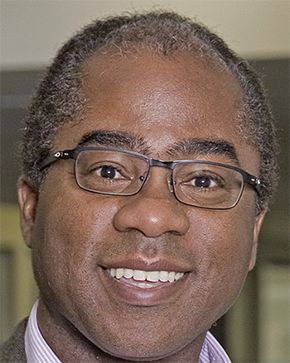The founder of a charity aimed at supporting Black sickle cell patients in the UK remains sceptical of the access and efficacy of a new drug aimed at treating the blood disease.

Founder of Unsickle My Cells UK, Chanel Taylor, believes the phased roll out of new drug, Crizanlizumab, made by Novartis, may not be the new wave of hope it is currently being touted as.
The drug is injected into a vein and can be taken on its own or alongside standard treatment and regular blood transfusions.
In one drug trial, patients taking the Crizanlizumab had a sickle-cell crisis 1.6 times a year on average, compared with nearly three times a year normally. These painful episodes, which can require hospital treatment and lead to other health complications, are caused by sickle-shaped red blood cells blocking the small blood vessels. But because the trial was small and lasted only a year, it remains unknown how long the benefits last for – and that makes it difficult to judge how cost-effective Crizanlizumab is.
Sickle cell warrior opens up about motherhood and living with the illness
Taylor has told Melan Magazine that while she welcomes the first new treatment of sickle cell in 20 years, the drug – which passed clinical trials in the United States in 2019 – is still not a cure and is a long way off from being widely accessible.
Taylor reiterates that no two sickle warriors’ diseases present in the same way and there are also counter interactions with other medical conditions which makes managing the disease – even with regular transfusions and the latest drugs – a difficult and complicated process. She adds: “It’s called Adecco in America and it was released there in 2019. So, the media coverage touting it as a brand-new treatment option, is misleading.”

“This treatment is only going to be available to 300 patients in the UK [in the first instance]. How are you then going to choose who is going to be put forward for this treatment first? In the next three years it will be rolled out to 5,000 people. How can we be optimistic when the patient that is speaking about it may not be put up for it.?”
Living with sickle cell: What you didn’t know about the disease
Referring to an Instagram live discussion she hosted with her co-founder to discuss the new development with the community and a specialist nurse in the field, Taylor is also concerned that the lack of blood donations is leading to wider and wider gaps in sickle cell patients’ regular transfusions. She’s described going up to ten weeks between transfusions (which are usually every six) which leaves her lethargic, in pain and unable to perform basic tasks like take her daughter to school.
The 37-year-old lifelong sickle cell warrior blamed this on a combination of nursing shortages on the NHS, medical staff burnout and the traditional reluctance among the Black community to donate blood.
How much do healthcare professionals know about sickle cell disease?
General Manager of Global Blood Therapeutics, Nigel Nicholls, takes it one step further. He says: “The kind of institutional racism in terms of not listening [to the Black community] needs to be fixed but I’d love to see more Black communities coming together to do more blood donation drives. The historical under regard for the needs of Black people though [NHS Trusts] were warned of the knock-on effect of COVID-19 on vital blood donation and transfusion for Black Sickle Cell patients has to change.”

Without these regular blood transfusions, people living with sickle cell are at risk of severe and life-threatening complications (including stroke or multi organ failure).
Key statistics:
- There are currently 12,633 Black and mixed Black blood donors
- This makes up just 1.5 percent of the total donor base
- 16,000 new donors from the Black and mixed Black communities are needed to meet demands.
Unsickle My Cells UK continues to host blood donation drives and awareness events throughout the year.
This article was written by Katrina Marshall.












